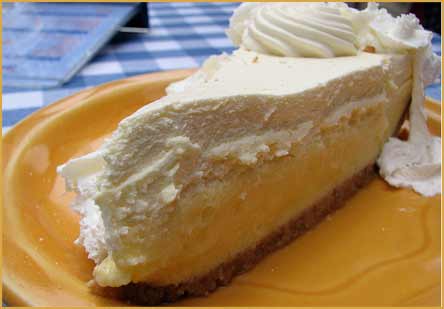
Childhood Obesity News has reviewed high fructose corn syrup before, and found the track record of HFCS to be unimpressive. Or too impressive, but not in a good way. A year ago we quoted early worrier Sara Novak, whose words are an example of how yesterday’s “crackpot theory” can become today’s new scientific discovery:
It’s truly hard to control cravings because high fructose corn syrup slows down the secretion of leptin in the body. Leptin is a crucial hormone in the body that tells you that you’re full and to stop eating. That’s why it’s so closely associated with obesity in this country. It’s like an addictive drug.
In other words, fructose can get in amongst the neurobiological pathways and interfere with the body’s workings, in a way that produces the same results as an addiction. Lab rats have indicated it with their behavior, and brains scans on humans confirm it. Different sugars have different effects on the brain, and thus on the delicate mechanism that tells someone they have eaten enough.
It’s all about hormones and satiety, as recognized by the parts of the brain that tell us when we have been fed. When the hormones go haywire, the outcome is what’s technically known as “food-seeking behavior.” Insulin is a hormone that signals “enough,” and in a healthy person, glucose inspires insulin to do its job, but fructose somehow does not.
We all get too much sugar of all kinds, but apparently glucose has one thing in its favor, because it can signal the body that feeding time is over. Fructose, on the other hand, fails to convey the message of satiety. A person is hungry all the time and never stops wanting to eat, and the more a person eats, the more the fructose breaks down the barriers that are supposed to protect us from the consequences of overindulgence.
Associated Press medical writers Marilynn Marchione and Mike Stobbe put it this way:
All sugars are not equal — even though they contain the same amount of calories — because they are metabolized differently in the body. Table sugar is sucrose, which is half fructose, half glucose. High-fructose corn syrup is 55 percent fructose and 45 percent glucose.
A lot of attention is centered on this topic just now, because of a new study that used blood tests and magnetic resonance imaging to see how glucose and fructose variously affected 20 young people of normal weight. According to the brain imaging, glucose reduces cerebral blood flow in the hypothalamus, regulating the appetite, but fructose does no such thing. Furthermore, fructose doesn’t cut down the amount of another hormone, ghrelin, a substance that prompts the “Let’s have a snack” feeling.
Scientific American‘s associate editor Katherine Harmon explains the study in more detail:
Glucose lowered the activity of the hypothalamus but fructose actually prompted a small spike to this area… Fructose and glucose look similar molecularly, but fructose is metabolized differently by the body and prompts the body to secrete less insulin than does glucose (insulin plays a role in telling the body to feel full and in dulling the reward the body gets from food).
Harmon quotes an article in the Journal of the American Medical Association, written by study authors Jonathan Purnell and Damien Fair of the Oregon Health and Sciences University, who write:
… [H]unger and fullness are major determinants of how much humans eat, just as thirst determines how much humans drink. These sensations cannot simply be willed away or ignored.
The first thing they want you to know is, their study doesn’t prove that fructose or high-fructose corn syrup causes obesity. It was a small study, and a lot of factors are at play. But it does look very much like HFCS can make a person feel hungry. So avoiding it would be a good initial step in any plan to recover or improve health. And they are very interested in repeating similar experiments with obese people, to see if they react to fructose and glucose in the same way the study volunteers did.
Your responses and feedback are welcome!
Source: “Fructose Has Different Effect Than Glucose On Brain Regions That Regulate Appetite,” ScienceDaily, 01/01/13
Source: “Brain Image Study: Fructose May Spur Overeating,” TheLedger.com, 01/01/13
Source: “How Corn Syrup Might Be Making Us Hungry–and Fat,” Scientific American, 01/01/13
Image by Vincent X.

 FAQs and Media Requests:
FAQs and Media Requests: 











